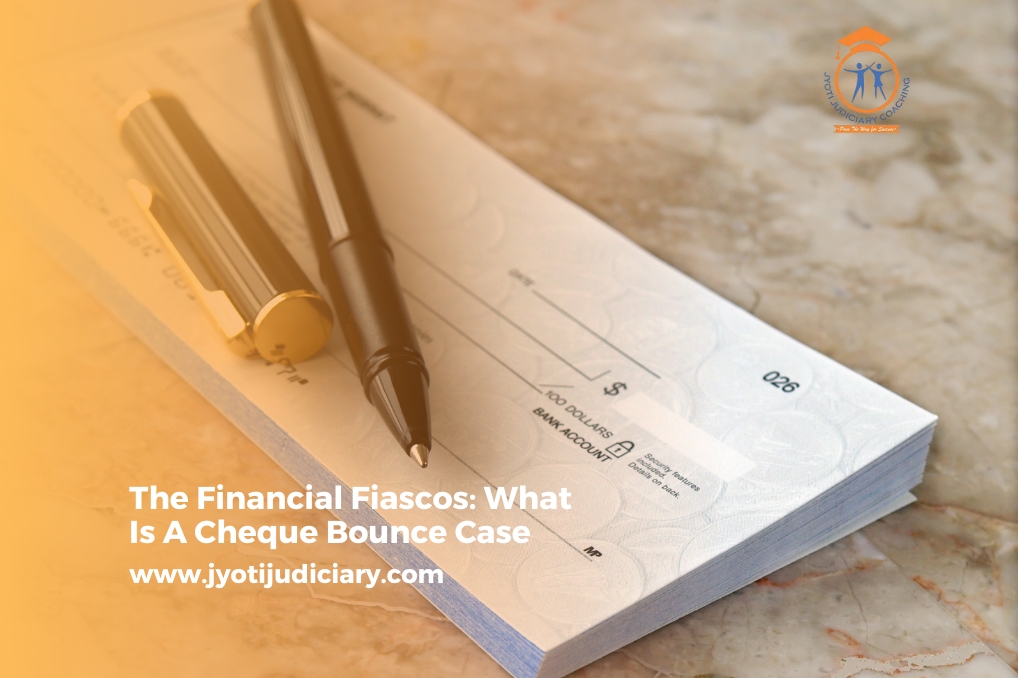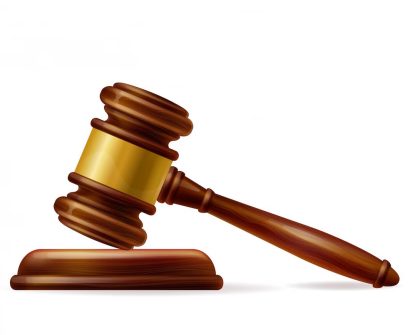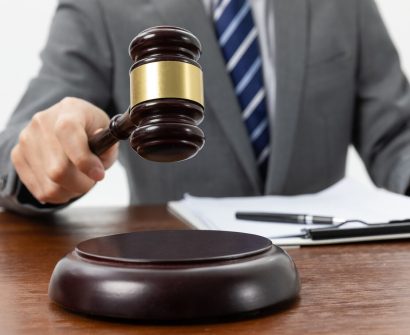
When it pertains to transactions involving money, the bounce of a cheque can have a direct effect on the lives of the individuals involved in addition to the businesses. When a cheque written by an individual or business gets returned to the bank unprocessed for any reason, such as unmatched signatures, earlier submitted cheques that were post-dated, overwriting on the cheque, or insufficient cash in the issuer’s account, it is referred to as a “cheque bounce.”
This seemingly innocuous occurrence has the potential to go completely out of grasp and become a financial and legal nightmare that impacts everyone in question.
What is a Cheque Bounce Case?
A “returned cheque,” often known as a “bounced cheque,” is a cheque that was not successfully processed. One may ask themselves, “What is a cheque bounce case?” In short, a cheque that is presented for encashment or deposit and that the bank then returns unprocessed is called a “cheque bounce.”
You are notified as soon as the bank sends a message to your registered mobile number regarding a bounced cheque. Keep in mind that the lack of sufficient funds in the account of the person who issued the cheque is the main cause of this. It is not sufficient to understand the definition of a bounced cheque; you also need to understand the causes of cheque bounces and the repercussions they have in order to protect yourself from paying cheque bounce fees.
Section 138 Of The Negotiable Instruments Act
- A violation of Section 138 has legal consequences for dishonouring a “cheque.”
- According to Section 6 of the Act, a “cheque” is defined as a bill of exchange in which the drawer is the person writing the cheque, the drawee is the drawer’s bank, and the payee, or holder in due course, is the person to whom the bank is expected to pay the cheque’s amount.
- Additionally, the 138 cheque bounce rule states that payment must always occur upon the payee’s demand and never before. The phrase “cheque” will encompass both an electronic version of a shortened cheque and a cheque in electronic format.
if a cheque bounces what happens
- It is forbidden by the Negotiable Instruments Act (1881) to return a cheque for lack of funds in the payer’s account.
- When a cheque is written against an account that has insufficient funds, the payer could face legal action.
- Within three months, the payee has the option to allow the payer to reissue a cheque or to pursue legal action against the payer.
- The payer faces up to two years in prison if they send out a cheque that is returned unpaid.
- Furthermore, banks charge fees for dishonouring cheques. Bank-to-bank variations exist in the penalty. Various banks may impose various penalty rates depending on the amount for which a cheque is returned unpaid.
what is the penalty for a cheque bounce
- In India, it is illegal to bounce cheques, as stated in Section 138 of the Negotiable Instruments Act of 1881.
- Therefore, in the event that a court receives a complaint and the defaulter is found guilty, they may face a two-year prison sentence and/or a fine that equals double the amount of the cheque.
- If the court determines that the offense was egregious, it may occasionally award a cheque bounce case penalty.
case on cheque bounce: Important Rulings
- In the case of Ravi Dixit v State of UP & Anr, the Allahabad High Court noted that if the drawer’s intention to withhold payment is evident, the drawee need not wait fifteen days to file a lawsuit under Section 138. According to Section 138(c), the drawer must be granted a minimum of fifteen days to make a genuine payment in order to prevent undue hardship to him in the event that he chooses to do so.
- In the case of N Krishnan v J. Thomas, it is not sufficient that the offence has been recognized, the Court explained, because the offenses under Section 138 are offender particular and not offense-specific. The magistrate must ascertain the identity of the true perpetrators. It was therefore evident that the cheque was made out in the company’s name, even though the Director’s name was needed as a factual prerequisite for the prosecution to start a trial.
after the cheque bounce what should I do
- If someone has mailed you a bounced cheque, you ought to send them a Demand Notice.
- A copy of the dishonoured memo and the date the cheque was issued should both be included in the demand notice.
- The drawer has fifteen days from the date of receipt of the demand notice to make the payment.
- If not, you have the option to submit a complaint to a court with the proper authority or look for legal counsel.
- You can gather all the supporting documentation along with the complaint form, including a copy of the notice, acknowledgment receipt, memo, or bounced cheque.
- They will check it and then verify your documentation.
- After the court gives its approval, the attorney will need to complete the bounced cheque form with the payer’s information and request that they appear in court.
In summary, serve a legal notice or paper, including a complaint, and then present evidence to the court so that a verdict can be made.
Cheque Bounce Case FAQs
What is the punishment for a cheque bounce case?
The offender faces a maximum two-year sentence in prison, a fine equal to twice the amount of the cheque, or both.
What happens if a cheque bounces?
Within three months, the payee has the option to allow the payer to reissue a cheque or to pursue legal action against the payer. If the payer issues a check that is returned unpaid, they could spend a maximum of two years in jail. Additionally, banks impose fees for dishonoring cheques. Bank-to-bank variations exist in the penalty.
How many cheque bounces are allowed?
Generally, if there isn’t enough money in your account, a bank might try to deposit the cheque two or three times. It is not guaranteed that a cheque will be resubmitted at all, and there are no restrictions dictating the maximum number of times it may be done so.
Can I be jailed for cheque bounce?
A fine equal to twice the value of the cheque or up to two years in jail are the possible penalties for cheques that bounce. It is also possible to file a civil lawsuit to force the drawer to pay the amount on the cheque.
Who pays the penalty for a bounced cheque?
Who is responsible for paying cheque bounce fees depends on whether there is a technical error and no parties should be concerned. If not, the bank cheque bounce penalty must be borne by the payee as well as the drawer. The cheque bounce statute also stipulates penalties for banks, including jail time and fines.
Does cheque bounce affect Cibil?
Your CIBIL score is unaffected directly by a bounced cheque. But it can unintentionally result in a decline in your CIBIL score.
How long is a cheque bounce period?
Cheque bounce is defined by the Negotiable Instruments Act as an extremely serious offense that is punishable by a fine and/or jail sentence. To safeguard his rights under the Negotiable Instruments Act, the drawer of the cheque must present the cheque within 30 days of the day it was dishonoured.
With the goal of giving students the best education available for law entrance exams including the CLAT, AILET, and numerous state judiciary exams, Jyoti Judiciary Coaching, India’s Finest educational Platform, was established. Come enroll now with Jyoti Judiciary!
For any latest news, legal topics, judiciary exams notifications, patterns, etc watch Jyoti Judiciary’s YouTube channel for legal videos for any updates at https://youtube.com/@jyotijudiciarycoaching4852?si=2cwubh9d2A9urwJf









